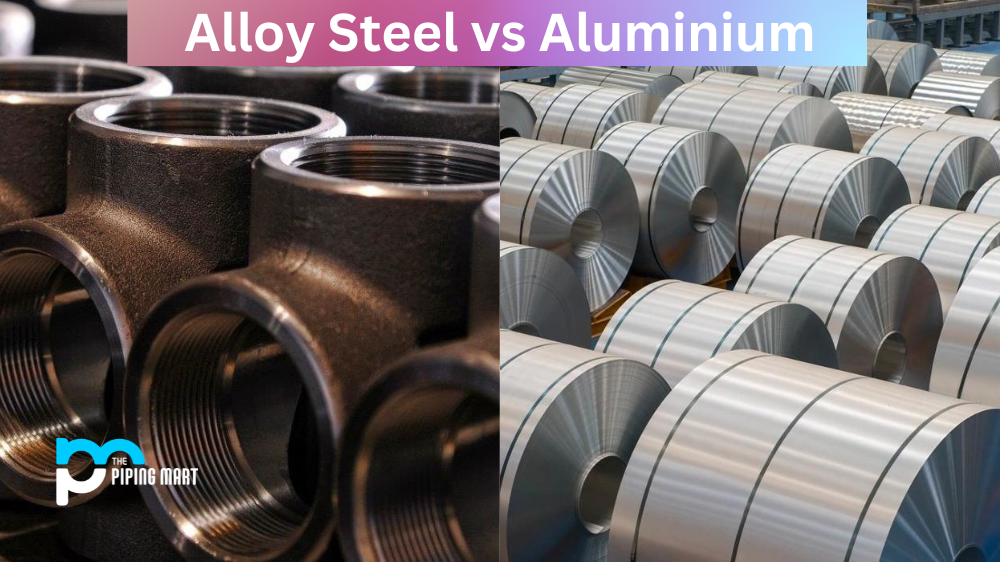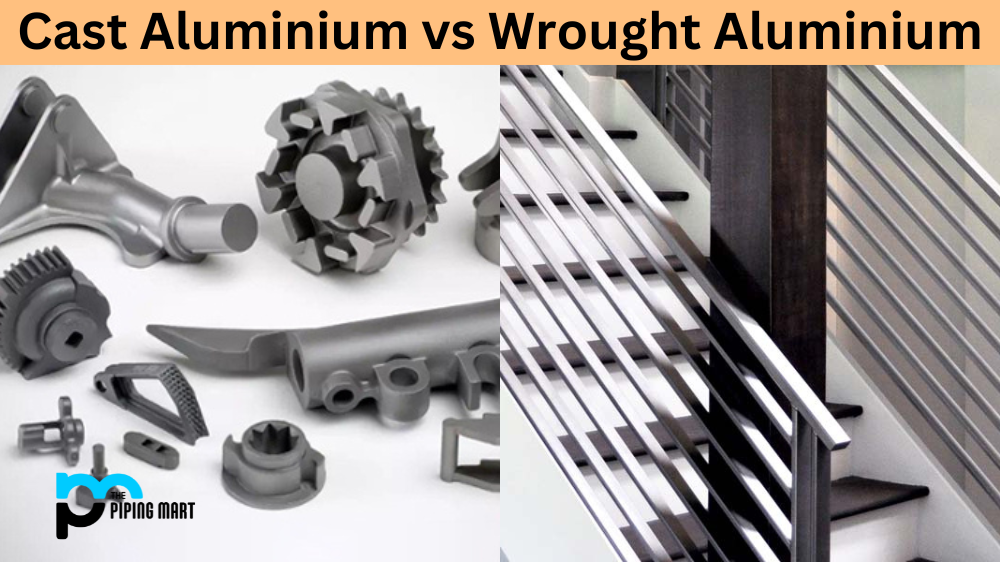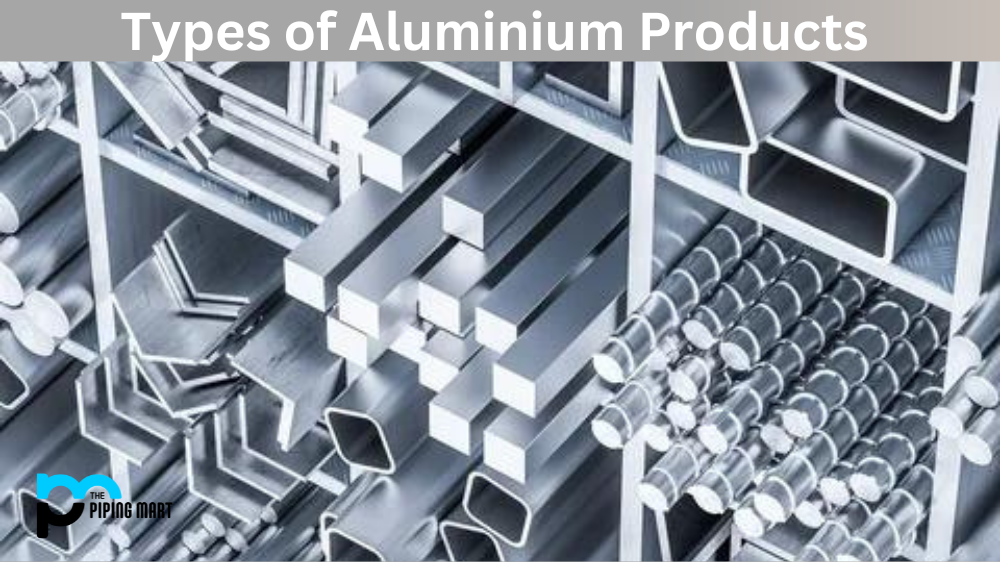As engineers, it’s important to understand the differences between alloy steel and aluminium. Both materials have their advantages and disadvantages, so it’s essential to know what to use in a given situation. Let’s take a closer look at both metals, as well as their uses in engineering.
Alloy Steel
Alloy steel is an iron-based material that contains other elements such as carbon, manganese, silicon, nickel, or molybdenum. This type of steel is incredibly strong and durable; it can withstand temperatures up to 1100°C without becoming brittle or breaking down. Its high strength makes alloy steel the ideal choice for parts that are subject to extreme loads or those operating in tough environments. However, alloy steel can be difficult to work with due to its hardness and strength. It also tends to be more expensive than other types of metal due to its many beneficial properties.
Aluminium
Aluminum is a lightweight metal that is often used in engineering applications where weight is an issue—think aircraft components or car wheels. Aluminum has excellent corrosion resistance when exposed to air, making it suitable for outdoor applications like window frames or railings. Additionally, aluminium does not require additional treatments (such as painting) after fabrication because its oxide layer protects the underlying metal from further oxidation—unlike steel which must be painted or otherwise treated for protection against corrosion. Aluminum is relatively easy to work with using traditional tools and machines but can be costly if machined from scratch due to the cost of raw materials and labour involved in the process.
Difference Between Alloy Steel and Aluminium
- Alloy steel is an iron-based material that contains various alloying elements, such as carbon, manganese, chromium, vanadium, and silicon.
- Aluminium is a metal that is derived from bauxite ore. It is the most abundant metal in the earth’s crust and is widely used in a variety of industries.
- Alloy steel is stronger and harder than pure iron. It is often used in the construction of buildings and bridges, as well as in the manufacturing of vehicles and machinery.
- Aluminum is lighter than steel and has a lower density. It is often used in the construction of aircraft and spacecraft, as well as in the manufacturing of cans and foil.
- Alloy steel is less corrosion-resistant than aluminium.
- Aluminium is more corrosion-resistant than alloy steel and is often used in the food and beverage industry due to its ability to resist oxidation.
Conclusion:
When it comes to choosing between alloy steel and aluminum for your project, there are several factors you should consider, including cost, weight requirements, environmental conditions, ease of machining/fabrication and desired corrosion resistance level – all of which will help you determine whether one material is more suited than the other for your needs. Knowing the differences between these two materials will ensure you make an informed decision when designing engineering projects that require their use.

A passionate metal industry expert and blogger. With over 5 years of experience in the field, Palak brings a wealth of knowledge and insight to her writing. Whether discussing the latest trends in the metal industry or sharing tips, she is dedicated to helping others succeed in the metal industry.




